Inuit Diet And Heart Disease
Inuit diet and heart disease. The observation that Eskimos who traditionally consumed large amounts of saturated fat and small amounts of carbohydrates had low rates of heart disease appeared to contradict the orthodox view that saturated fat was a major cause of heart disease. The Salt Farewell Low-Fat. The Diet of Eskimos close.
The notion that the incidence of ischemic heart disease IHD is low among the Inuit subsisting on a traditional marine diet has attained axiomatic status. Inuit diet does not protect against heart disease fish oil capsules may even be harmful. For decades health care professionals and eager supplement sellers have touted omega-3s as good for your heart.
Rumors have since circulated that traditional Eskimos have lived free of heart disease cancer and most other chronic diseases affecting western civilizations these days. The Eskimo diet and its effect on the heart has been a source of confusion and contention for decades. The scientific evidence for this is weak and rests on early clinical evidence and uncertain mortality statistics.
In contrast fish oil capsules may even be harmful to human health. The country food-fat diet characterized by high marine mammal and added fat intake was positively associated with the prevalence of coronary heart disease. A diet featuring high food variety high fish intake and low sugar intake was negatively associated with the prevalence of cardiovascular outcomes among Inuit.
Even when animal protein intake is extremely low the equivalent of three chicken nuggets a day a persons risk of heart disease and a host of other diseases is considerably higher than when a person eats less meat 4. And yet despite the fact that the high-fat Arctic diet may sound like a heart attack waiting to happen the Inuit tend to have low rates of heart disease and diabetes. Traditional food is culturally economically and nutritionally important for the Greenlandic Inuit people.
George Fodor and his co-authors write leads us to the conclusion that Eskimos have a prevalence of heart disease similar to. The idea is that a diet of fish and blubber -- not vegetables and fruits -- has kept Arctic natives free of heart disease. The Inuit mummies are however the first such case study involving pre-modern individuals who ate a marine-based diet heavy on fatty fish and other omega-3 fatty acid sources.
A review of the evidence Dr. The scientific evidence for this is weak and rests on early clinical evidence and uncertain mortality statistics.
The scientific evidence for this is weak and rests on early clinical evidence and uncertain mortality statistics.
The Eskimo diet and its effect on the heart has been a source of confusion and contention for decades. The scientific evidence for this is weak and rests on early clinical evidence and uncertain mortality statistics. The Salt Farewell Low-Fat. The observation that Eskimos who traditionally consumed large amounts of saturated fat and small amounts of carbohydrates had low rates of heart disease appeared to contradict the orthodox view that saturated fat was a major cause of heart disease. The absence of coronary artery disease would be strange in a meat-based diet with hardly any fruits and vegetablesin other words a diet that violates all principles of balanced and heart-healthy nutrition This paradox was attributed to all the seal and whale blubber which is extremely rich in omega-3 fish fat and the rest is history. And yet despite the fact that the high-fat Arctic diet may sound like a heart attack waiting to happen the Inuit tend to have low rates of heart disease and diabetes. A new study published in the Canadian Journal of Cardiology suggests that the myth is in fact a myth. In contrast fish oil capsules may even be harmful to human health. Fatty acids and antioxidants their role in ischemic heart disease and exposure to organochlorines and heavy metals.
Inuit diet does not protect against heart disease fish oil capsules may even be harmful. In contrast fish oil capsules may even be harmful to human health. The observation that Eskimos who traditionally consumed large amounts of saturated fat and small amounts of carbohydrates had low rates of heart disease appeared to contradict the orthodox view that saturated fat was a major cause of heart disease. The country food-fat diet characterized by high marine mammal and added fat intake was positively associated with the prevalence of coronary heart disease. And yet despite the fact that the high-fat Arctic diet may sound like a heart attack waiting to happen the Inuit tend to have low rates of heart disease and diabetes. The Inuit ate a diet high in meat and fat low in fruits and vegetables and still had low rates of heart disease and cancer sadly only recently when more modernization came to them in the form of convenience stores soda and other processed foods did you see the illnesses start to increase. The absence of coronary artery disease would be strange in a meat-based diet with hardly any fruits and vegetablesin other words a diet that violates all principles of balanced and heart-healthy nutrition This paradox was attributed to all the seal and whale blubber which is extremely rich in omega-3 fish fat and the rest is history.









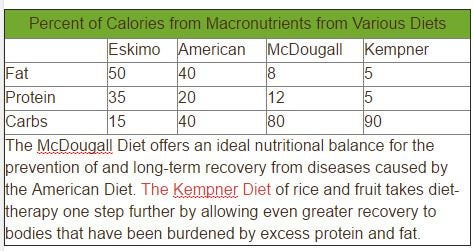










.png)





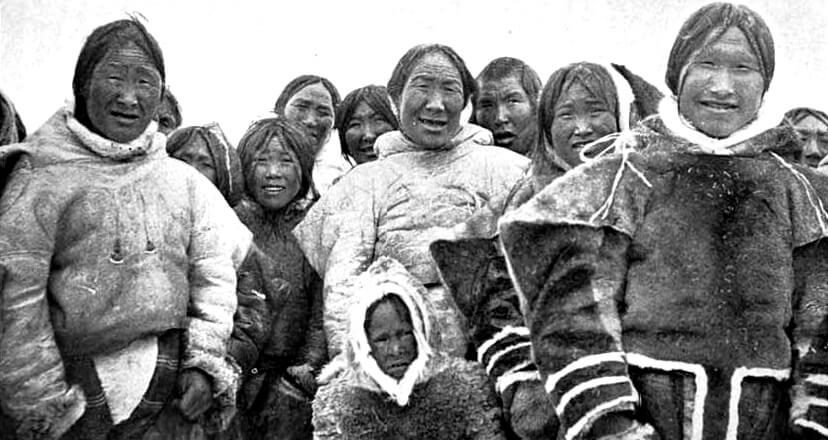

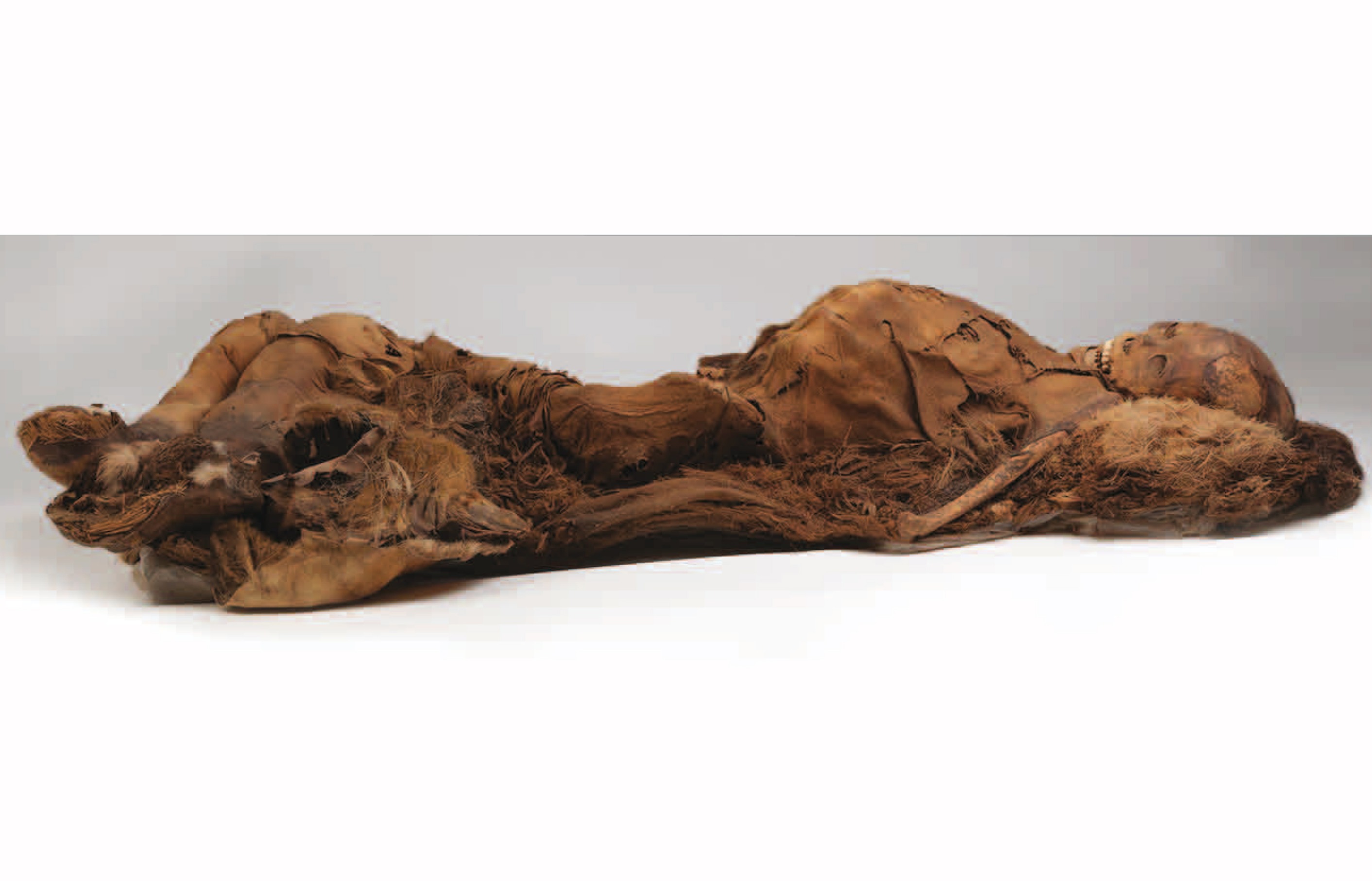





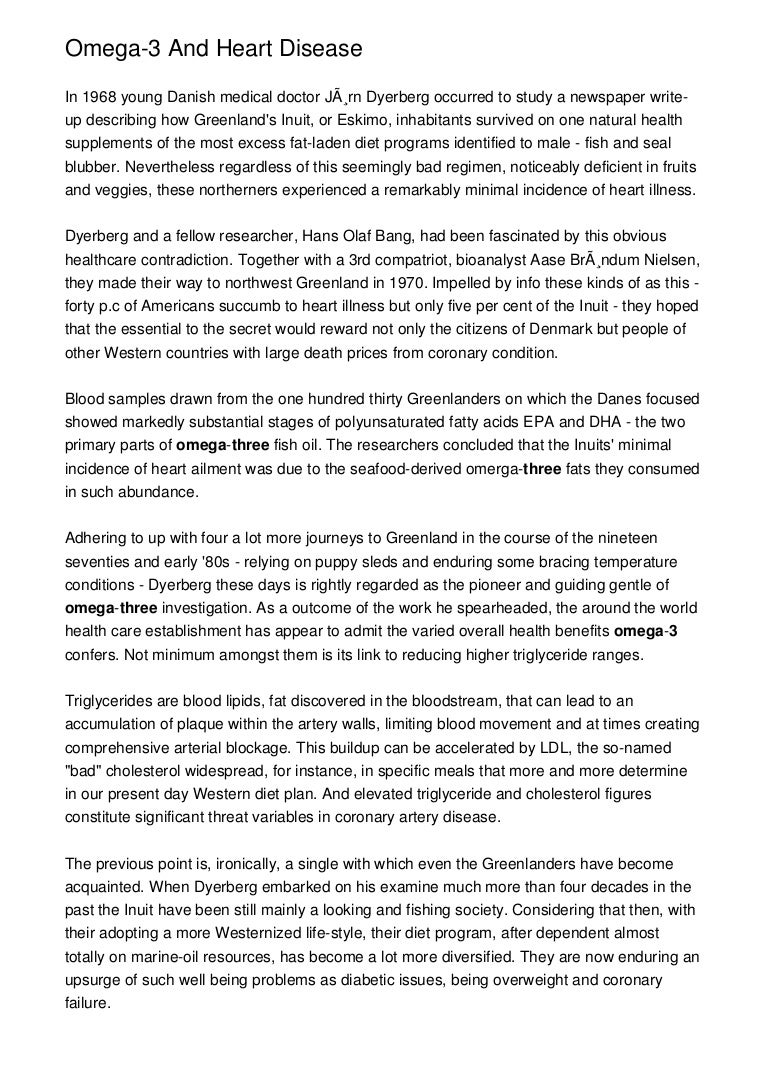


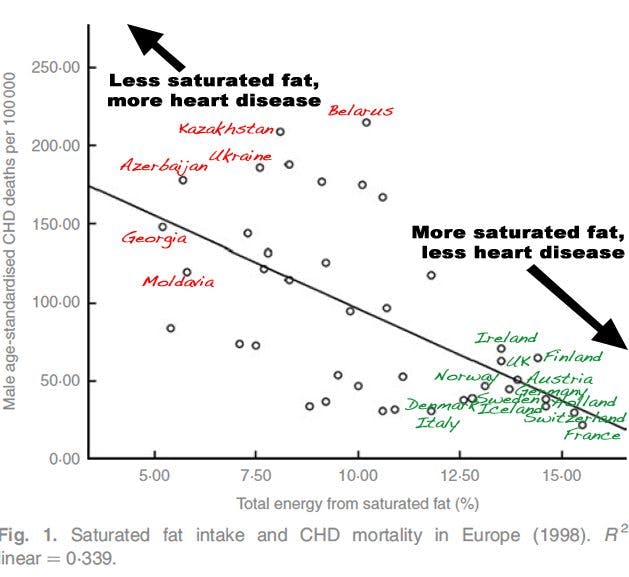




Post a Comment for "Inuit Diet And Heart Disease"